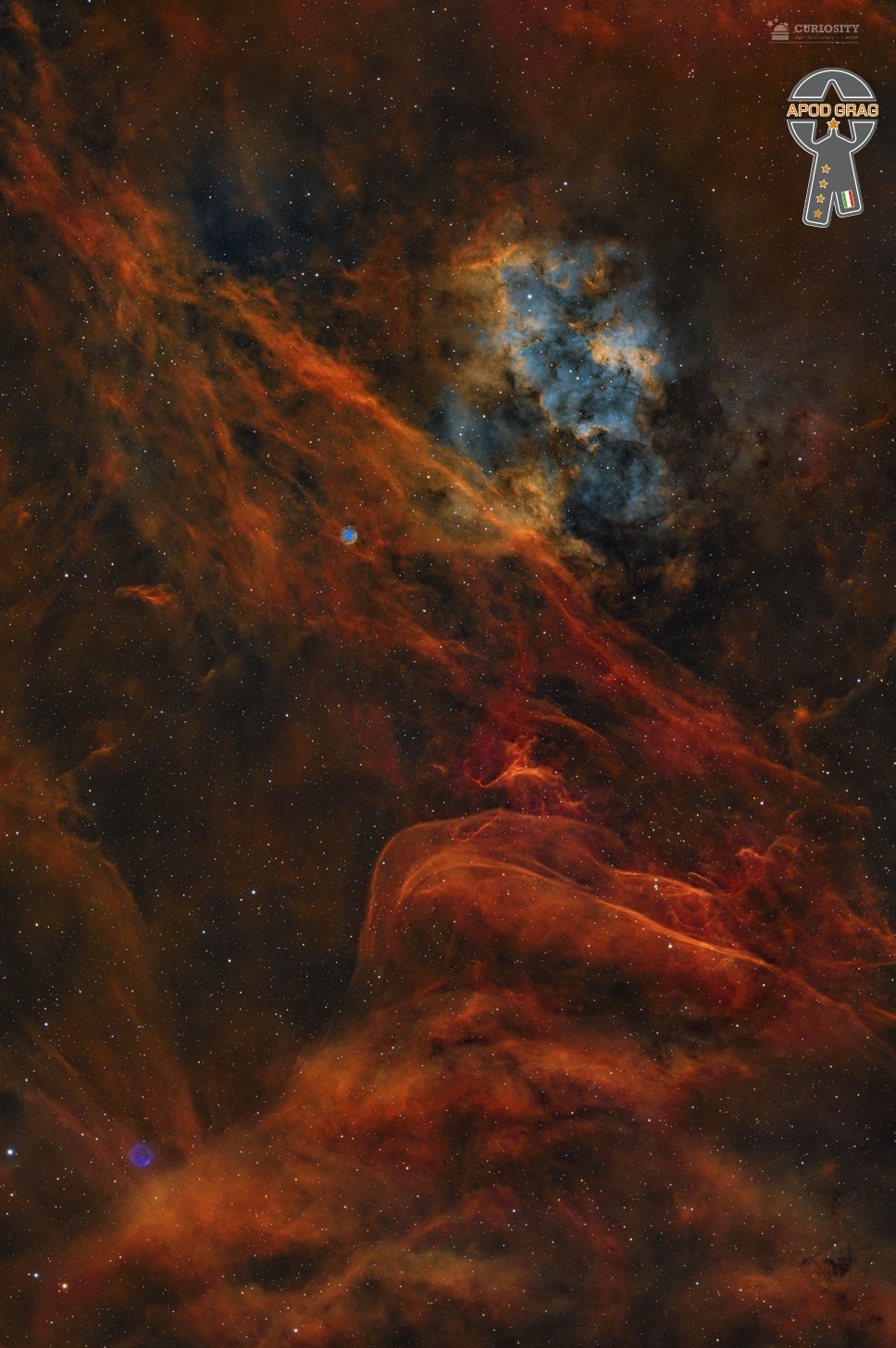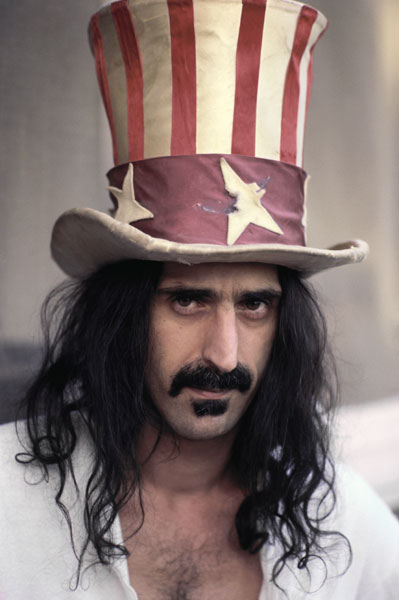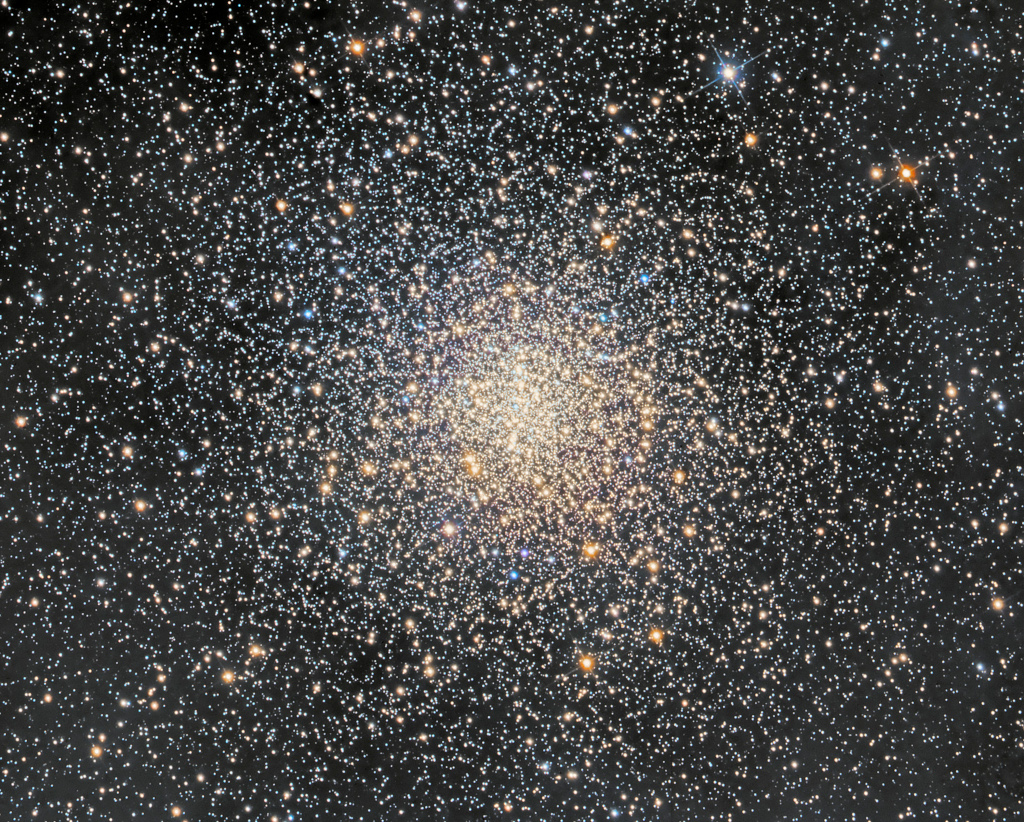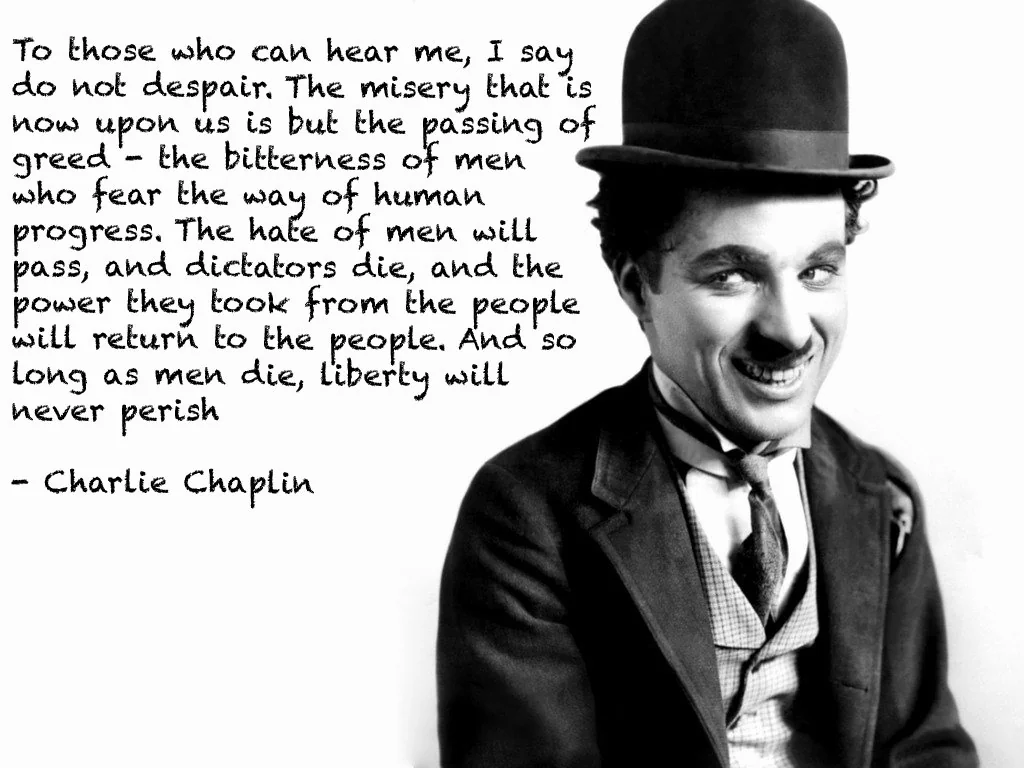Blog
John Francis Anthony Pastorius III, also known as Jaco Pastorius (December 1, 1951 – September 21, 1987 Norristown, PA) was an American jazz bassist, composer, and producer. Widely regarded as one of the greatest and most influential bassists of all time,Pastorius recorded albums as a solo artist, band leader, and as a member of the jazz fusion group Weather Report from 1976 to 1981. He also collaborated with numerous artists, including Herbie Hancock, Pat Metheny and Joni Mitchell.
His bass style was influenced by funk and employed the use of fretless bass, lyrical solos, bass chords and innovative use of harmonics. As of 2017, he was the only one of seven bassists inducted into the DownBeat Jazz Hall of Fame to have been known for their work on the electric bass, and he has been lauded as among the best bassists of all time.
Pastorius suffered from drug addiction and mental health issues and, despite his widespread acclaim, over the latter part of his life he had problems holding down jobs due to his unreliability. In frequent financial difficulties, he was often homeless in the mid-1980s. He died in 1987 as a result of injuries sustained in a beating outside a South Florida after-hours nightclub.
Since his death in 1987, his work has continued to be widely influential. He was elected to the DownBeat Hall of Fame in 1988 and was the subject of the 2014 documentary film Jaco.
Bette Midler ( born December 1, 1945 Honolulu, HI) is an American actress, comedian, singer, and author. Throughout her five-decade career Midler has received numerous accolades, including four Golden Globe Awards, three Grammy Awards, three Primetime Emmy Awards, two Tony Awards, and a Kennedy Center Honor, in addition to nominations for two Academy Awards and a British Academy Film Award.
Born in Honolulu, Hawaii, Midler began her professional career in several off-off-Broadway plays, prior to her engagements in Fiddler on the Roof and Salvation on Broadway in the late 1960s. She came to prominence in 1970 when she began singing in the Continental Baths, a local gay bathhouse where she managed to build up a core following. Since 1970, Midler has released 14 studio albums as a solo artist, selling over 30 million records worldwide, and has received four Gold, three Platinum, and three Multiplatinum albums by RIAA. Many of her songs became chart hits, including her renditions of “The Rose“, “Wind Beneath My Wings“, “Do You Want to Dance“, “Boogie Woogie Bugle Boy“, and “From a Distance“. She won Grammy Awards for Best New Artist, Best Female Pop Vocal Performance for “The Rose”, and Record of the Year for “Wind Beneath My Wings”.
Midler made her starring film debut with the musical drama The Rose (1979), which won her the Golden Globe Award for Best Actress – Motion Picture Comedy or Musical, as well as nominations for the Academy Award for Best Actress, the BAFTA Award for Best Actress in a Leading Role, the New York Film Critics Circle Award for Best Actress, and the National Society of Film Critics Award for Best Actress. She went on to star in numerous films, including Down and Out in Beverly Hills (1986), Ruthless People (1986), Outrageous Fortune (1987), Big Business (1988), Beaches (1988), Hocus Pocus (1993) and its sequel(2022), The First Wives Club (1996), The Stepford Wives (2004), Parental Guidance (2012), and The Addams Family (2019) and its sequel (2021). Midler also had starring roles in For the Boys (1991) and Gypsy (1993), winning two additional Golden Globe Awards for these films and receiving a second Academy Award nomination for the former.
In 2008, Midler signed a contract with Caesars Palace in Las Vegas for a residency, Bette Midler: The Showgirl Must Go On, which ended in 2010. She starred in the Broadway revival of Hello, Dolly!, which began previews in March 2017 and premiered at the Shubert Theatre in April 2017. The show was her first leading role in a Broadway musical. Midler received the Tony Award for Best Actress in a Musical for her performance.
more...Ike Isaacs (December 1, 1919, Rangoon, Burma – January 11, 1996, Sydney, Australia) was a Burmese-English jazz guitarist, best known for his work with violinist Stéphane Grappelli.
Isaacs was self-taught on guitar. In Burma he grew up with fellow guitarist Cedric West. He started playing professionally in college while pursuing a degree in chemistry. In 1946 he moved to England, where he became a member of the BBC Show Band. During the 1960s and 1970s, he was a member of the Hot Club of London, led by guitarist Diz Disley, which often collaborated with Stéphane Grappelli. He was a member of the band Velvet with Digby Fairweather, Len Skeat, and Denny Wright. In the 1980s, he moved to Australia and taught at the Sydney School of Guitar. He died of cancer in January 1996 at the age of 76.
more...Sander Lloyd Nelson (December 1, 1938 – February 14, 2022) was an American drummer. Nelson, one of the best-known rock and modern jazz drummers of the late 1950s and early 1960s, had several solo instrumental Top 40 hits and released over 30 albums. He was a session drummer on many other well-known hits. He lived in Boulder City, Nevada, where he continued to experiment with music on keyboards and piano.
Sander Lloyd Nelson was born in Santa Monica, California to Lloyd and Lydia Nelson on December 1, 1938. Nelson attended University High School with Jan Berry and Dean Torrence, who later became recording stars as Jan and Dean, and Kim Fowley. In 1959, Fowley produced Nelson’s first recording, “Geronimo” by the Renegades (a band made up of Nelson, Richard Podolor, Bruce Johnston, and songwriter Nick Venet). Although the single flopped on the national charts, it charted in some of the Mid West markets. The song featured in the 1959 film Ghost of Dragstrip Hollow released by American International Pictures.
After gaining respect as a session drummer, Nelson played on several hit singles including the Teddy Bears‘ “To Know Him Is To Love Him” (1958), The Hollywood Argyles‘ “Alley Oop” (1960) and Kathy Young and the Innocents‘ “A Thousand Stars” (1960).
more...
Journeying through the Cygnus constellation, this region shows striking ondulations of interstellar gas, primarily highlighted in H Alpha and SII. These wave-like structures trace the influence of shock waves and stellar winds propagating through the surrounding molecular clouds. At the center of the frame is Sh2-115, an emission nebula glowing with a mix of ionized gases, notably OIII emissions from hot, young stars. These stars are driving the ionization and are a key force behind the turbulence observed in the surrounding medium. Two other interesting objects are the planetary nebula PK 086+05.1 on the bottom left corner, and PK 085+04.1 which was described as an HII region in 1991 but remains catalogued as a PN in most online databases. I have been imaging this object during September and October to finally add 51 hours of data from my observatory in Àger, Catalonia under s B3 sky.

Johnny Shuggie Otis (born Johnny Alexander Veliotes Jr.; November 30, 1953) is an American singer-songwriter, recording artist, and multi-instrumentalist.
Otis’s composition “Strawberry Letter 23” as recorded by The Brothers Johnson topped the Billboard R&B chart and reached #5 on the Billboard Hot 100 chart in 1977. He achieved commercial success with his 1974 single “Inspiration Information” (from the album of the same title), reaching #56 on the R&B chart.
Born in Los Angeles, California, Otis is the son of rhythm and blues musician, bandleader, and impresarioJohnny Otis, who was of Greek descent, and his wife Phyllis Walker, who was of African American and Filipino descent. The name “Shuggie” (short for “sugar”, according to his mother) was coined by Phyllis when he was a newborn. Otis began playing guitar when he was two years old and performing professionally with his father’s band at the age of eleven, often disguising himself with dark glasses and a false mustache so that he could play with his father’s band in after-hours nightclubs.
more...Walter Brown “Brownie” McGhee (November 30, 1915 – February 16, 1996) was an American folk and Piedmont blues singer and guitarist, best known for his collaboration with the harmonica player Sonny Terry.
McGhee was born in Knoxville, Tennessee, and grew up in Kingsport, Tennessee. At about the age of four he contracted polio, which incapacitated his right leg. His brother Granville “Stick” McGhee, who also later became a musician and composed the famous song “Drinkin’ Wine Spo-Dee-o-Dee,” was nicknamed for pushing young Brownie around in a cart. Their father, George McGhee, was a factory worker, known around University Avenue for playing guitar and singing. Brownie’s uncle made him a guitar from a tin marshmallow box and a piece of board.
McGhee spent much of his youth immersed in music, singing with a local harmony group, the Golden Voices Gospel Quartet, and teaching himself to play guitar. He also played the five-string banjo and ukulele and studied piano. Surgery funded by the March of Dimes enabled McGhee to walk.
more...Johnny Mbizo Dyani (30 November 1945 – 24 October 1986) was a South African jazzdouble bassist, vocalist and pianist, who, in addition to being a key member of The Blue Notes, played with such international musicians as Don Cherry, Steve Lacy, David Murray, Finnish guitar player Jukka Syrenius, Pierre Dørge, Peter Brötzmann, Mal Waldron, fellow South African Dollar Brand (Abdullah Ibrahim), and Leo Smith, among many other prominent players.
more...Robert Lee McCollum (November 30, 1909 – November 5, 1967) was an American blues musician who played and recorded under the pseudonyms Robert Lee McCoyand Robert Nighthawk. He was the father of the blues musician Sam Carr. Nighthawk was inducted into the Blues Hall of Fame in 1983.
McCollum was born in Helena, Arkansas on November 30, 1909. He left home at an early age and became a busking musician. After a period traveling through southern Mississippi, he settled for a time in Memphis, Tennessee, where he played with local orchestras and musicians, such as the Memphis Jug Band. A particular influence during this period was Houston Stackhouse, from whom he learned to play slide guitar and with whom he performed on the radio in Jackson, Mississippi. He had a stroke followed by a heart attack and died of heart failure at his home in Helena, Arkansas on November 5, 1967, aged 57. He is buried in Magnolia Cemetery, in Helena
more...
Friday November 29th 2024 6pm. Erev Shabbat Service with the Installation of Rabbi Rodich. Music with Inbal Sharett-Singer, Jayson Rodovsky, Jeff Bailey, Pete Whitman and mick laBriola.
https://www.youtube.com/watch?v=jzYmzOrMcC8&list=PLMknZkuhbAnfksoa8oJHetI2Uh2PVTLQE&index=6
more...Messier 4 can be found west of bright red-giant star Antares, alpha star of the constellation Scorpius. M4 itself is only just visible from dark sky locations, even though the globular cluster of 100,000 stars or so is a mere 5,500 light-years away. Still, its proximity to prying telescopic eyes makes it a prime target for astronomical explorations. Recent studies have included Hubble observations of M4’s pulsating cepheid variable stars, cooling white dwarf stars, and ancient, pulsar orbiting exoplanet PSR B1620-26 b. This sharp image was captured with a small telescope on planet Earth. At M4’s estimated distance it spans about 50 light-years across the core of the globular star cluster.

more...
Felix Cavaliere (born November 29, 1942) is an American musician. He is best known for being the co-lead vocalist and keyboard player for The Young Rascals.
Although he was a member of Joey Dee and the Starliters, known for their hit “Peppermint Twist“, he is best known for his association with the Young Rascals during the 1960s. The other members of the Rascals were Eddie Brigati, Dino Danelliand Gene Cornish. Cavaliere sang vocals on six of their successful singles and played the Hammond B-3 organ.
more...More Posts
- Joe Morello Day
- Vince Guaraldi Day
- Flamenco Fridays with Cameron y Tomatito
- Daily Roots with Bob Marley
- Music for Surviving the Pandemic and Realizing Racial Justice
- The Cosmos with the Great Attractor
- Desmond Decker Day
- Rubén Blades Dia
- Nat Pierce Day
- Cal Tjader Day
- Bola Sete Day
- World Music with Pokošovci
- Daily Roots with Stephen Marley
- Music for Surviving the Pandemic and Realizing Racial Justice
- The Cosmos with the South Pole Wall
- Joe Satriani Day
- Linda Ronstadt Day
- Julian Bream Day
- Philly Joe Jones Day
- Sadik Hakim Day



